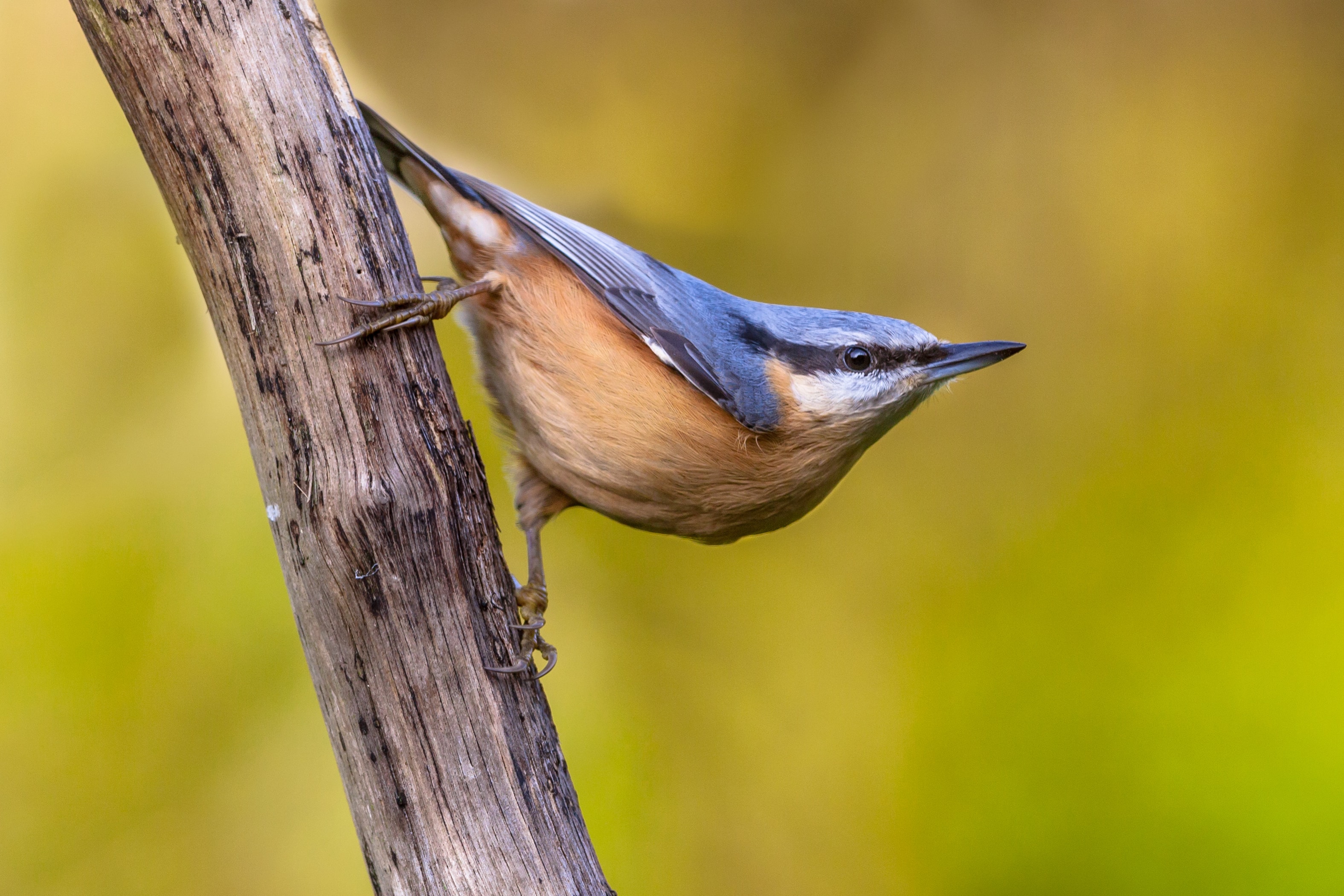Now is a tricky time for wildlife. With so many cars, fences and disturbances, it’s difficult to get around and fatalities are inevitable. It’s no secret that between 1970 and 2013, 56% of our native species have declined. This includes our beloved garden birds.
The Breeding Bird Survey 2016 revealed many significant declines. In the London area alone, from 1995-2015, house sparrow numbers dropped by a huge 73%. In the North West of England, swift populations dipped by 57% and there were also large declines in starlings throughout Wales. Our resident hedgehogs have also halved in number over the past 25 years.

While conservation organisations are on a mission to protect wildlife and ensure its longevity on a grand scale, there are plenty of things we can do to help the nature in our own back gardens.
In 2011 the UK National Ecosystem Assessment showed that nearly 1.4 million acres of England were made up of urban and rural gardens. That’s a lot of land that we can dedicate to wildlife!
How can you help?
- Leaving food out is a fantastic way to do your bit for breeding birds. With many avian visitors, such as blue tits, having broods of up to 19 young there are many mouths to feed and every morsel helps. Sunflower hearts and suet pellets are great feed for young birds as they are easy to swallow and provide healthy bursts of protein to help them grow. Don’t forget to cater for hedgehogs too!
- Wildlife loves an untidy garden! Leaving fallen leaves and twigs can allow worms and grubs to shelter there, providing extra food for birds and hedgehogs.
- Avoid using sprays and chemicals on your plantlife to keep caterpillars in rich supply. These are rich in nutrients for young birds.
- A dish of water can provide the perfect pit stop for a variety of creatures who fancy a drink or a quick dip. A pond is a permanent way to ensure a large variety of wildlife, as water-dwelling insects will seek out water from above and dive-bomb into your garden within a couple of hours of your pond’s creation!
- And last but not least, make sure you provide plenty of dense foliage, creating pathways through the trees for birds to remain unseen by predators and nest in safety.
Success stories
However, it’s not all bad news for nature! Roe deer have increased in England by 60% since 1995 and nuthatch numbers have risen by a dramatic 90%. Plenty of creatures are bouncing back with the help of people who really want to do their best for wildlife, and you can help too.



